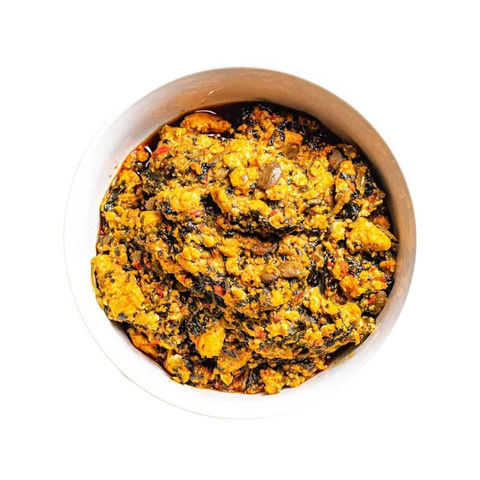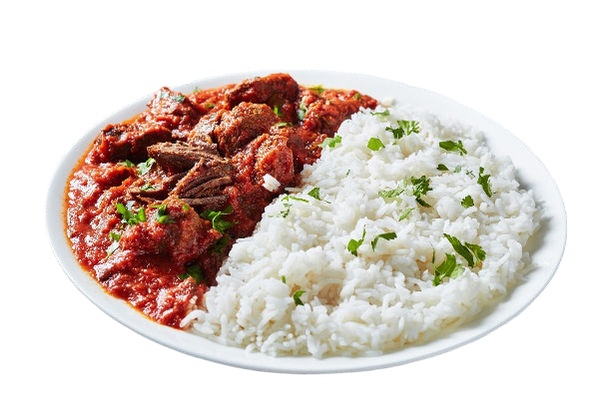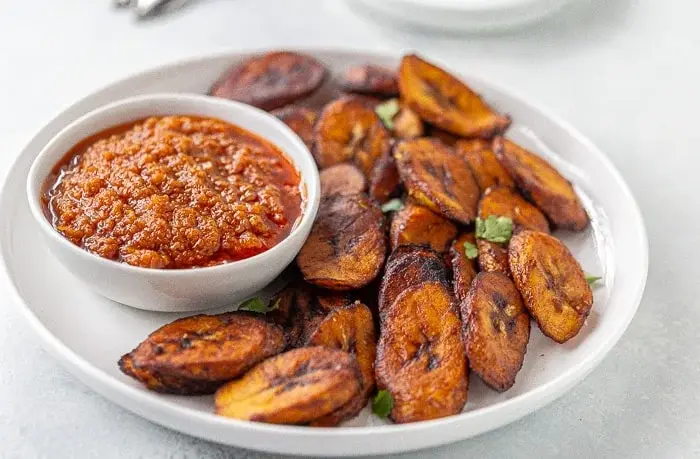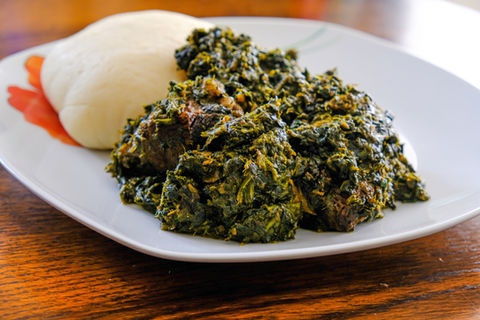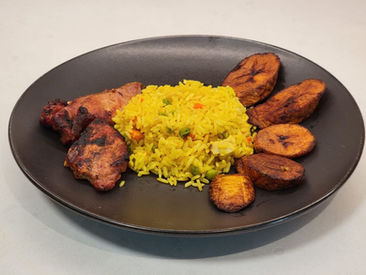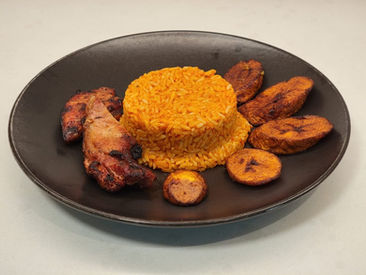When you think of Nigerian food, one word always comes to mind: flavor. At the heart of every dish is a blend of spices that awaken the senses and create the bold, unforgettable taste that Nigerian cuisine is famous for. These spices don’t just season food—they tell stories of culture, tradition, and generations of culinary expertise. Let’s explore some of the essential spices and seasonings that define Nigerian cooking.
1. Scotch Bonnet Peppers (Atarodo)
No Nigerian kitchen is complete without Scotch bonnet peppers. Small but fiery, these bright red or orange peppers bring the heat to dishes like Jollof Rice, stews, and pepper soup. They don’t just add spice—they infuse meals with a fruity, aromatic kick that makes them irresistible.
2. Ground Crayfish
This unique seasoning is made from dried, ground crayfish and adds a savory, umami depth to soups, stews, and sauces. It’s one of those secret ingredients that gives Nigerian food its rich, layered flavor.
3. Yaji (Suya Spice Blend)
The magic behind Nigeria’s famous Suya lies in Yaji—a blend of ground peanuts, ginger, paprika, garlic, onion, and chili powder. This smoky, nutty, and spicy mix is rubbed onto meat before grilling, making every bite unforgettable.
4. Locust Beans (Iru)
Fermented locust beans may not look glamorous, but they’re a powerhouse of flavor. With their deep, earthy, and slightly pungent taste, locust beans are essential in soups like Egusi, Ogbono, and Efo Riro. They bring that unmistakable “home-cooked” authenticity.
5. Curry Powder and Thyme
A legacy of Nigeria’s history with global trade, curry powder and thyme have become staples in everyday cooking. Together, they season stews, sauces, and rice dishes, adding a fragrant and warming aroma.
6. Nutmeg and Cloves
Used sparingly, nutmeg and cloves bring warmth and depth to Nigerian baked goods, porridges, and even some stews. These spices add complexity, reminding us of the global connections that have shaped Nigerian cuisine.
More Than Just Taste
In Nigerian culture, spices go beyond flavor. They symbolize care, tradition, and hospitality. Every dish seasoned with Scotch bonnet, Iru, or Yaji carries a story of family, community, and celebration.
Experience the Flavors at Lagos Café
At Lagos Café, we use these authentic spices to bring you the true taste of Nigeria. From smoky Suya to rich Egusi Soup, every dish is crafted with the same seasonings that have defined Nigerian cuisine for generations.
👉 Order today and savor the spices that make Nigerian food unforgettable.
